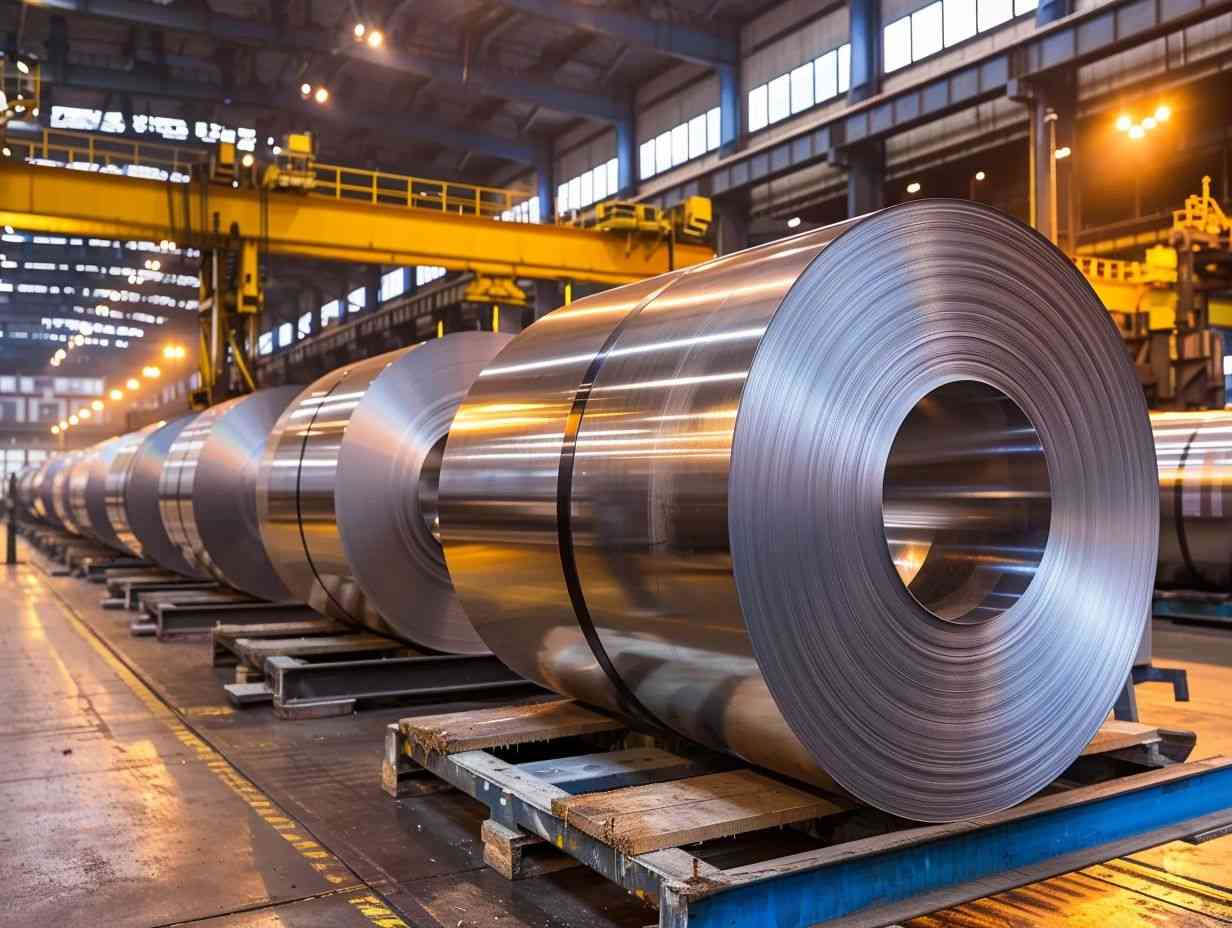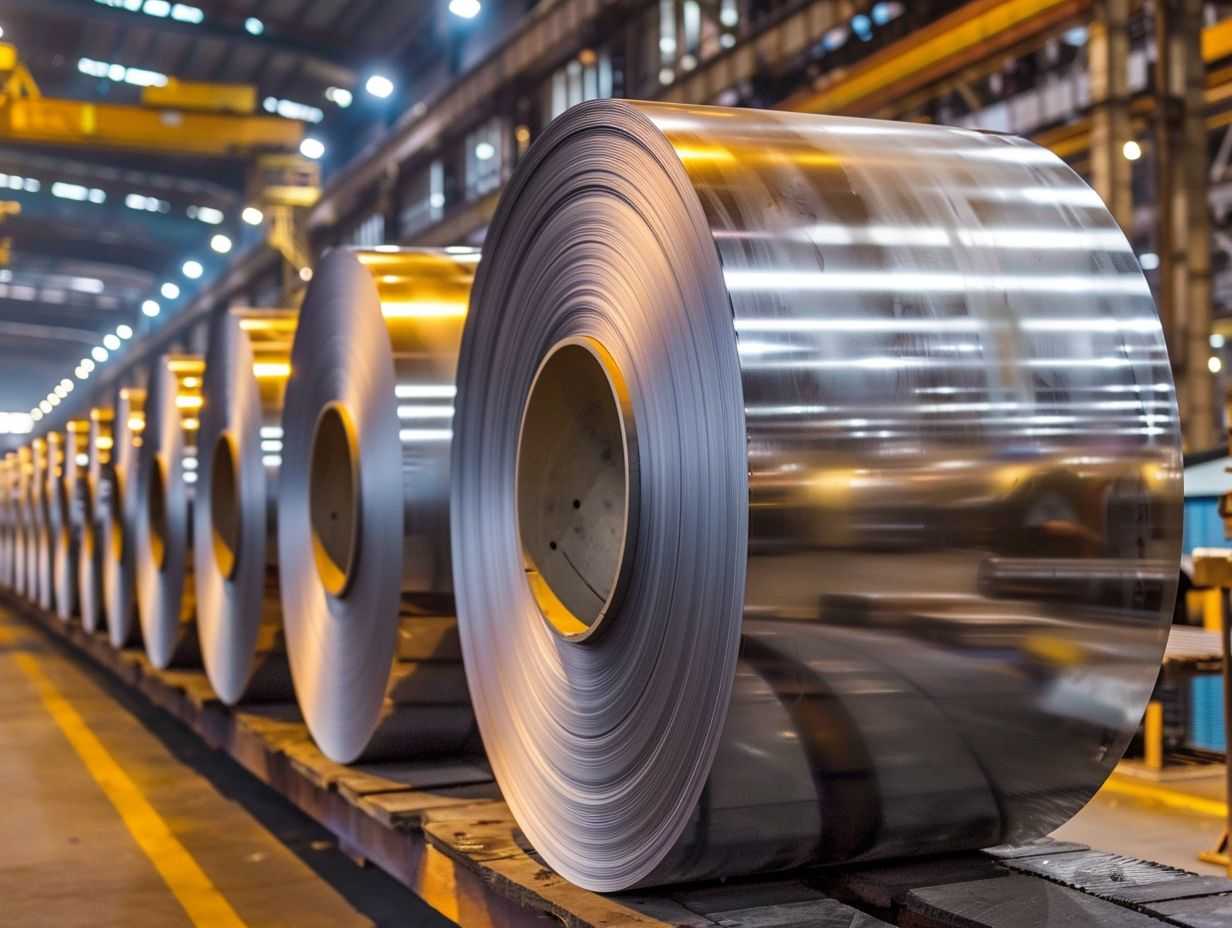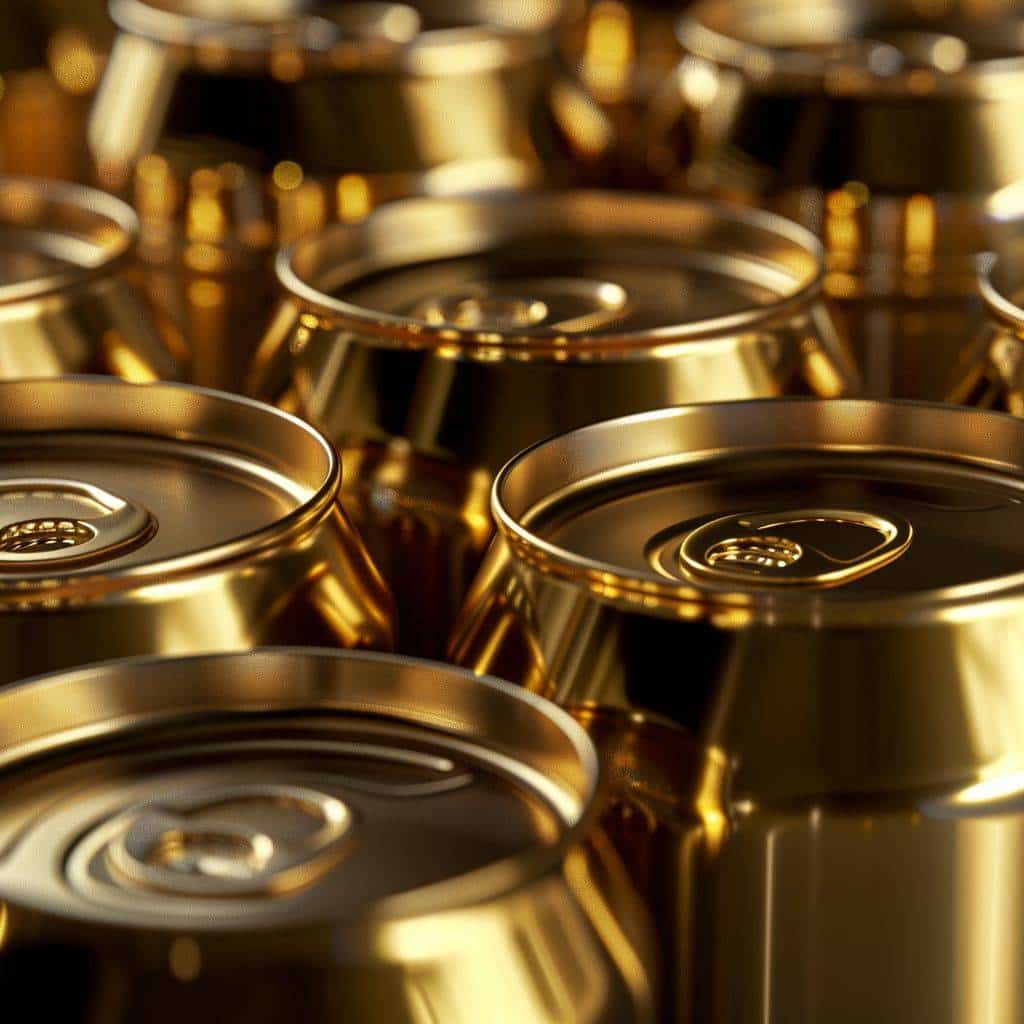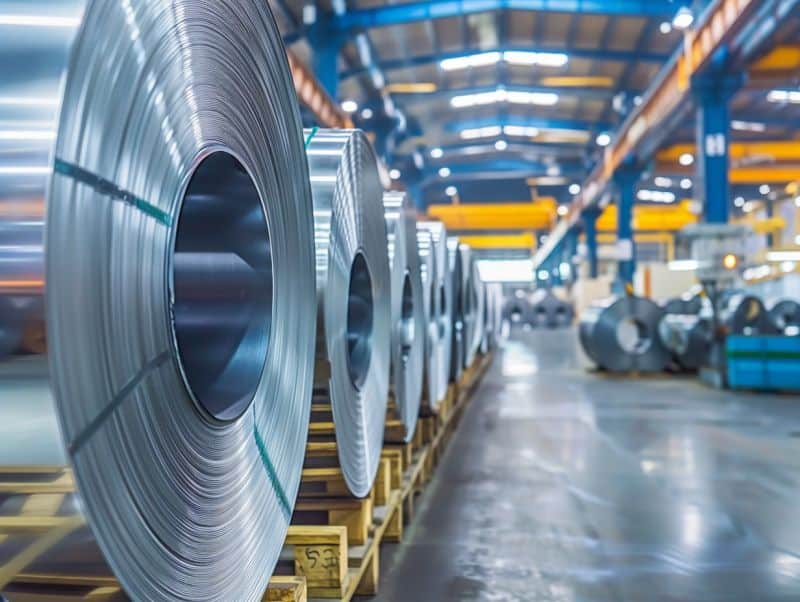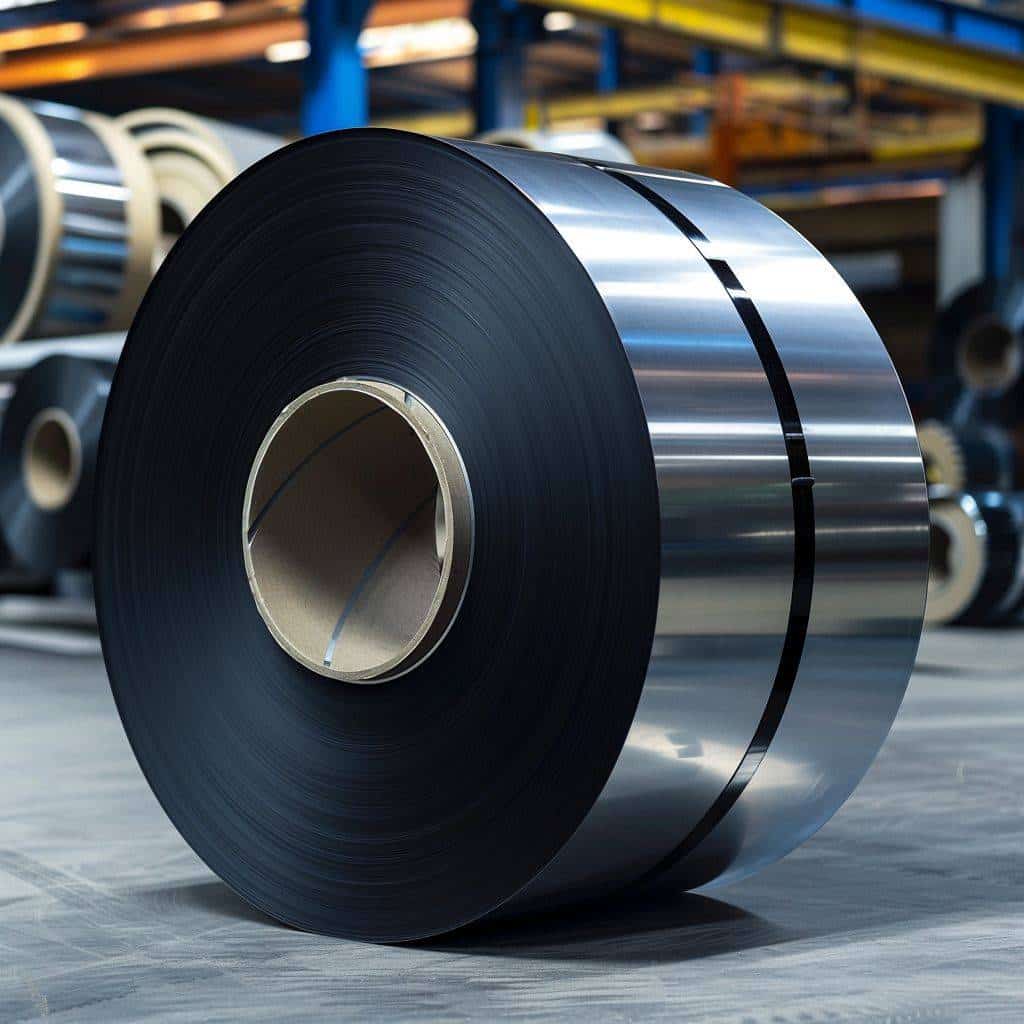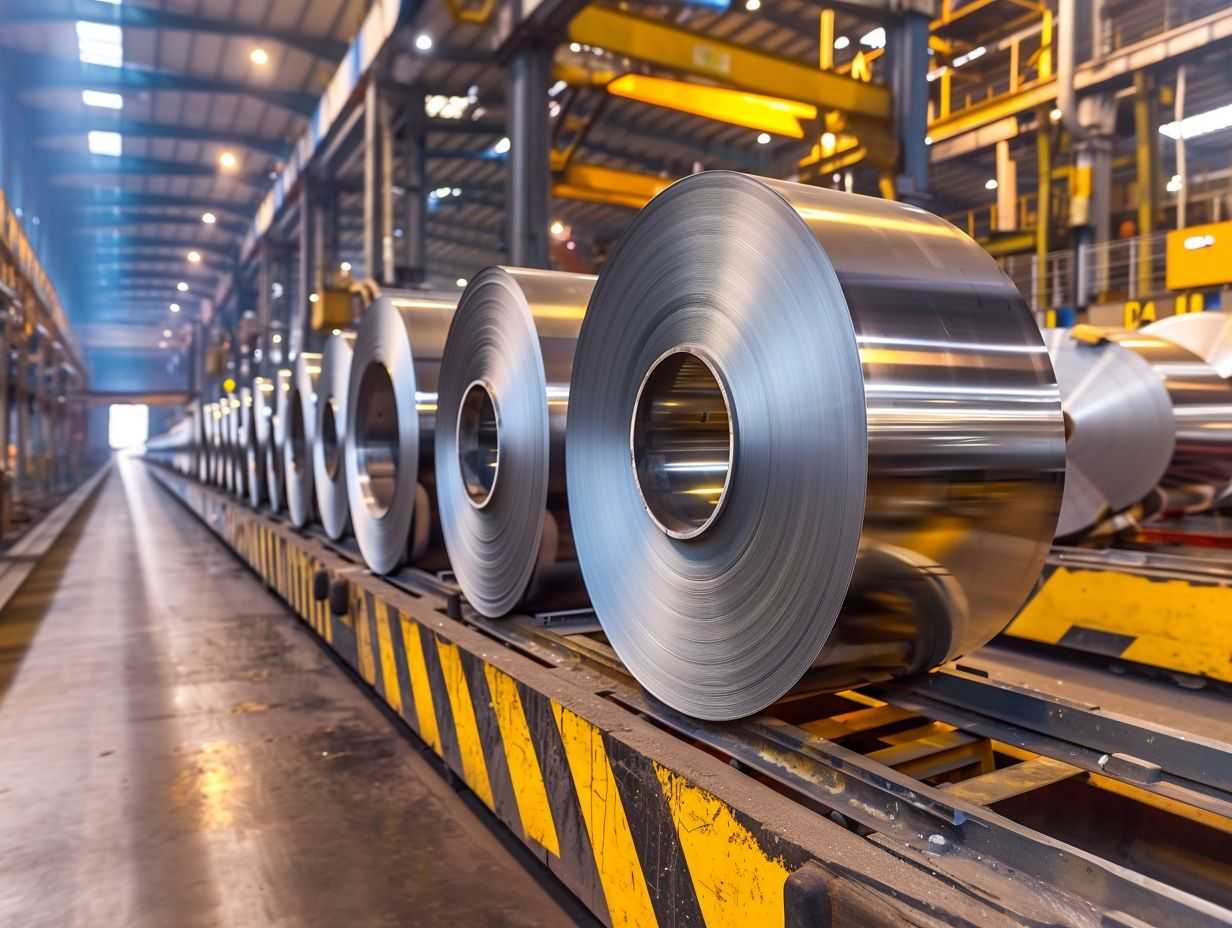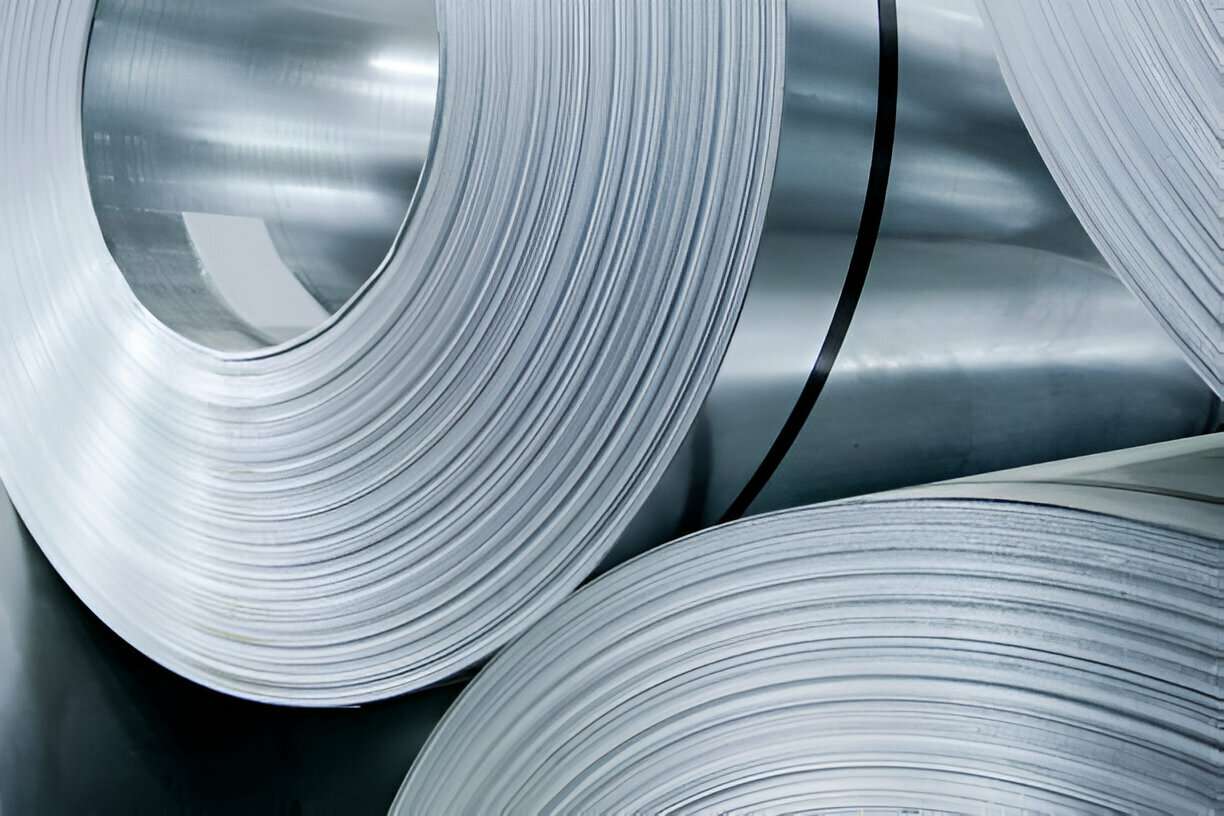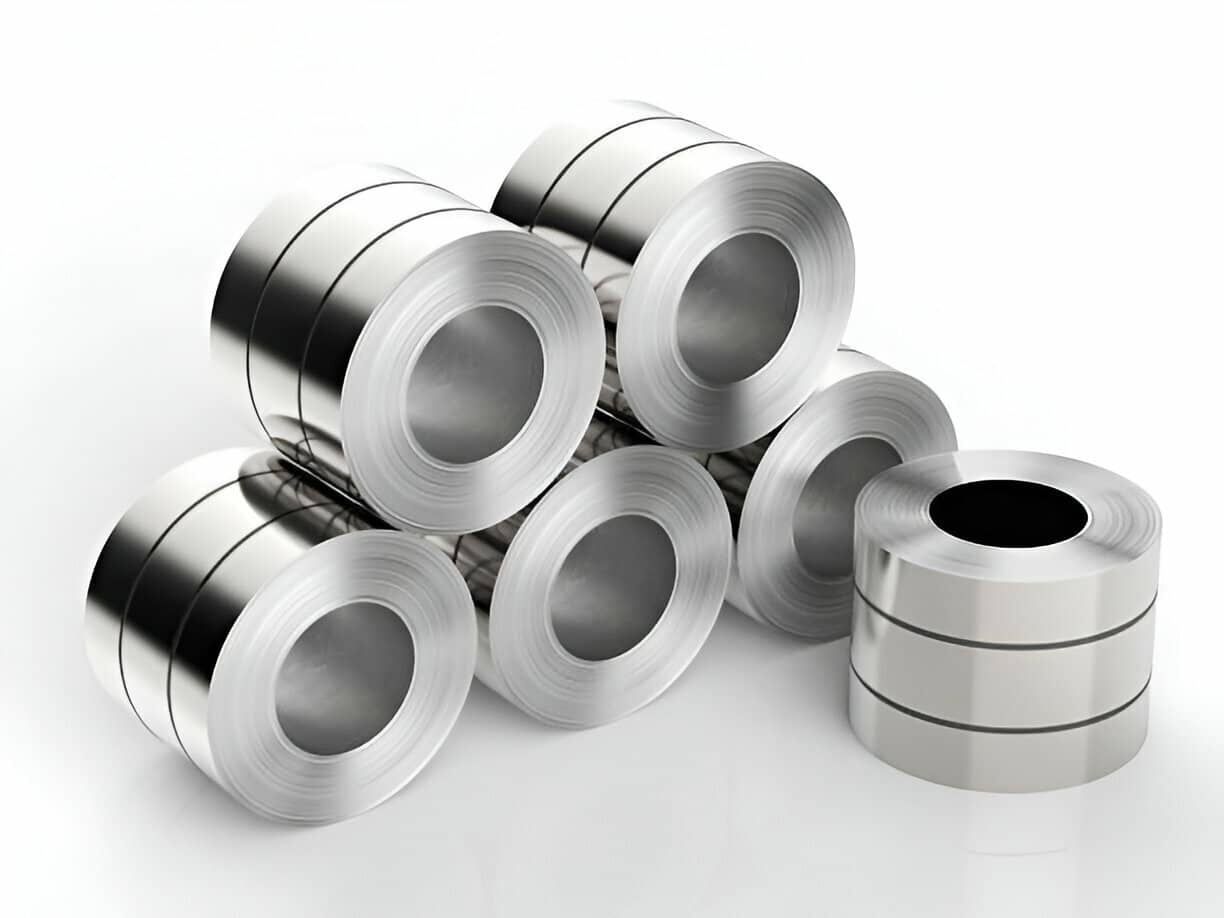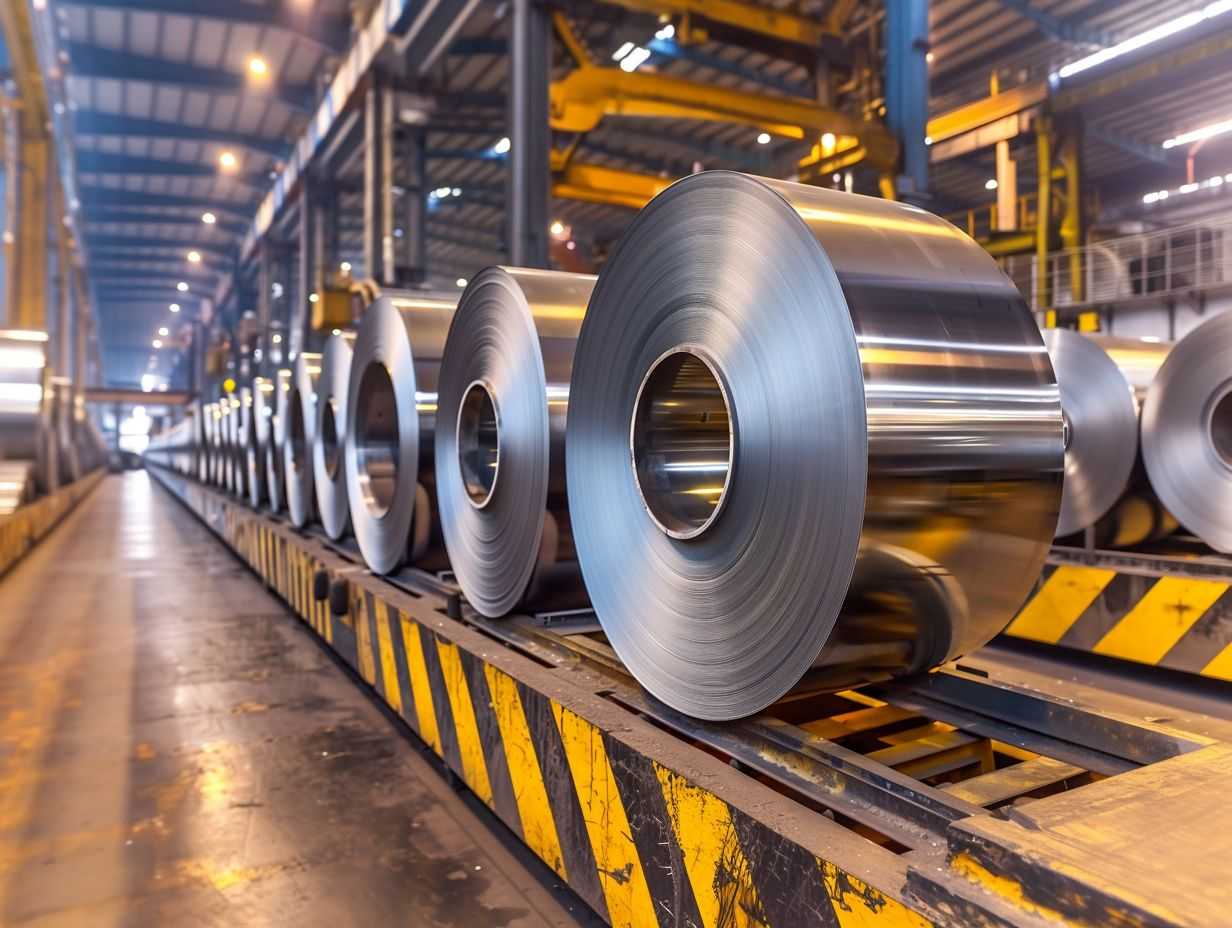
Is Tin Plating Better Than Silver Plating on Copper?
Copper bus bars are commonly coated in tin plating to provide an economical yet conductive surface to transfer current over its lifespan. Given the rise of electric vehicles, power equipment, and IoT devices that rely on current transfers for reliable functioning a conductive coating is necessary. Electrolytic matte tin plating is the premier choice for copper bus bar plating due to its excellent solderability and corrosion protection, and tin/lead alloy underplates can help limit whisker formation. Cost Tin electroplating on

